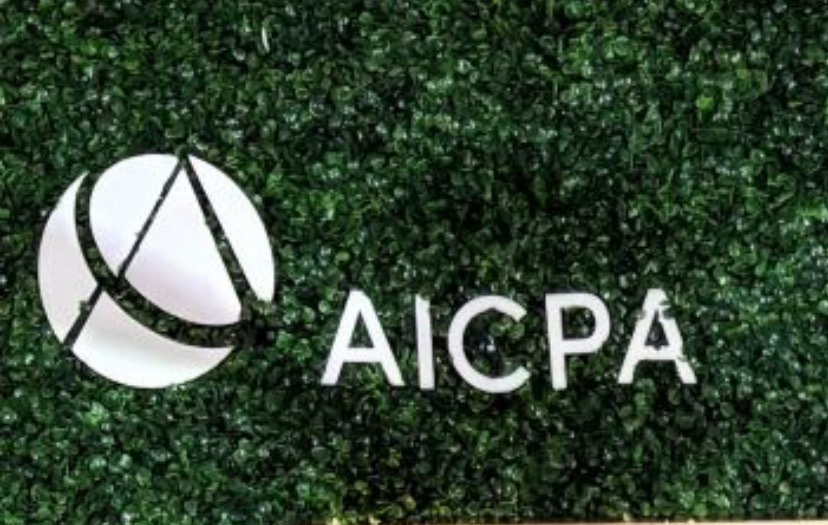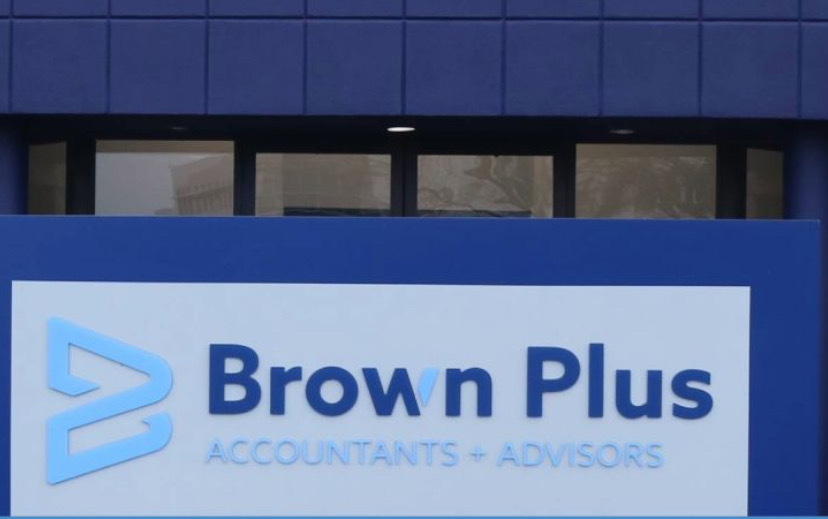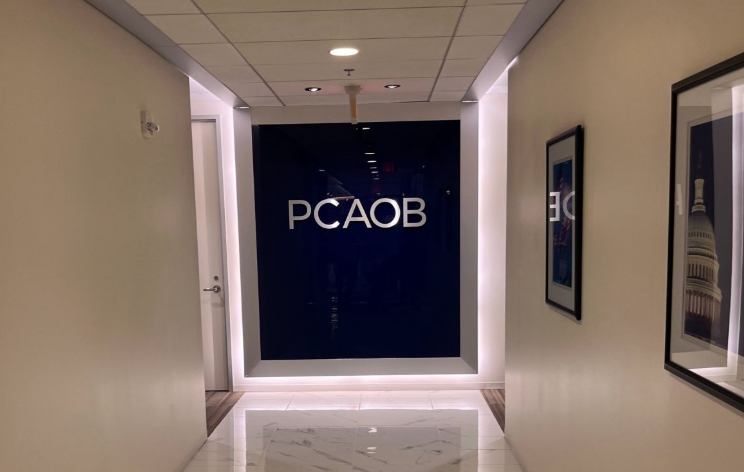A new analysis of audit committee disclosures of companies in the S&P 1500 reveals a plateau in disclosure rates across several areas important to investors, including considerations in appointing or reappointing the external auditor, length of auditor tenure, and how the audit committee evaluates audit fees in relation to audit quality.
The Center for Audit Quality (CAQ) and Ideagen Audit Analytics on Nov. 18 released the 11th iteration of the annual Audit Committee Transparency Barometer Report, which examines public company audit committee disclosures of the S&P 500 large-cap companies, the S&P MidCap 400, and the S&P SmallCap 600.
The report highlights the progress that has been made in audit committee disclosures since 2014 and emphasizes the need for audit committees to continue to raise the bar with their disclosures each year, the CAQ said.

“We continue to hear from investors that they would like more information—not boilerplate disclosures—around audit committees’ important responsibilities and processes,” CAQ CEO Julie Bell Lindsay said in a statement. “While we are pleased to see that audit committees are increasingly disclosing information about new oversight areas and their expertise, we hope they will take a fresh look and consider further enhancing their disclosures to ‘tell their story’ and the important work they do.”
One area where the bar could be raised is the oversight of the external auditor. For example, the report found that 50% of the S&P 500 included discussion of the audit committee considerations in appointing or reappointing the external auditor, which is barely up from 49% of the S&P 500 in 2023. While progress has been made in the last 11 years—it was only 13% of the S&P 500 in 2014—this is an area where disclosures can continue to be enhanced, the CAQ said.
The report states:
[A]s it relates to appointing (or reappointing) the external auditor, there may be a number of factors that the audit committee considers, such as interactions with the lead audit partner and senior audit team members, the audit firm’s reputation including publicly available information regarding audit quality at the firm (e.g., PCAOB inspection reports and firm audit quality reports), specific knowledge, resources, and expertise of the audit firm, and the tenure of the audit firm, among others. These disclosures demonstrate the audit committee’s commitment to selecting and retaining a qualified external auditor, which is critical to promoting audit quality. Providing information regarding the factors considered, including pros and cons, and the unique considerations arising during the year, provides useful information and demonstrates the extent of the audit committee’s engagement.
Audit firm tenure continues to be frequently disclosed by audit committees (73% of the S&P 500 in 2024); however, fewer audit committees disclose how length of tenure has been considered when reappointing the external auditor (13% of the S&P 500 in 2024), according to the report.
“Solely stating the tenure of the audit firm is not enough; detailed disclosures demonstrate how the audit committee has carefully evaluated the positive and negative impacts of audit firm tenure on audit quality,” the report states.
Another area where audit committees can enhance disclosures is related to audit firm compensation. According to the report, only 6% of the S&P 500 included disclosures related to a discussion of audit fees and its connection to audit quality in 2024.
The report states:
Negotiating the audit fee is a key responsibility of the audit committee, and the audit fee can provide evidence of the quality of the audit. Audit fees that are too low may be indicative of poor audit quality, but audit fees that are too high could be the result of inefficiencies. Clear disclosures about how the audit committee evaluates audit fees in relation to audit quality highlight the audit committee’s commitment to promoting audit quality. This is also an opportunity for the audit committee to discuss how it drives efficiencies in the audit and is focused on not only the cost of the audit, but also the quality.
A chart provided in the report shows the full results of how the S&P 1500 answered questions regarding considerations in appointing or reappointing the external auditor, length of auditor tenure, and how the audit committee evaluates audit fees in relation to audit quality:

Other key highlights of the report include:
- The majority of S&P 500 companies (85%) and S&P midcap companies (75%) disclosed the board of directors’ skills matrix.
- 64% of S&P 500 boards disclosed the audit committee is responsible for cybersecurity oversight, while 34% of S&P 500 boards disclosed the audit committee is responsible for oversight of environmental, social, and governance (ESG) information.
- 60% of S&P 500 boards disclosed they have a cybersecurity expert compared with 51% in 2023. ESG or sustainability expertise on the boards of S&P 500 companies also increased by five percentage points since 2023 to 59%.
“The transparency barometer continues to provide insights into the deliberations of audit committees and how they exercise their expanding responsibilities,” said Michael Nohrden, vice president of strategy for Ideagen. “It serves as an important tool for boards and the public to track and compare audit committee disclosures in the S&P 1500.”
Thanks for reading CPA Practice Advisor!
Subscribe Already registered? Log In
Need more information? Read the FAQs




